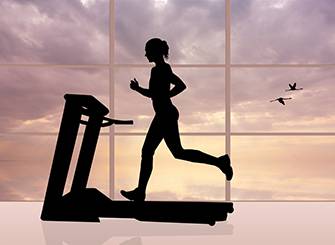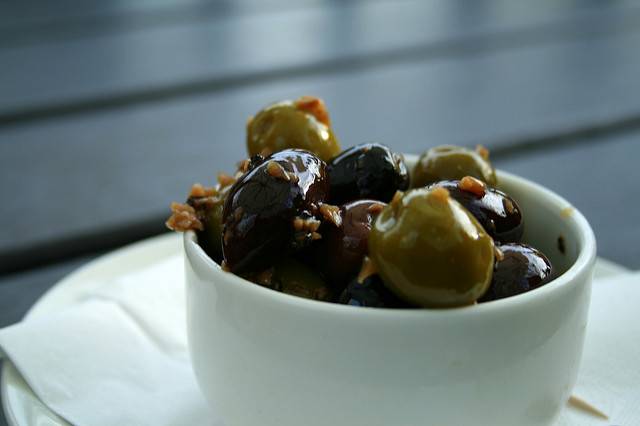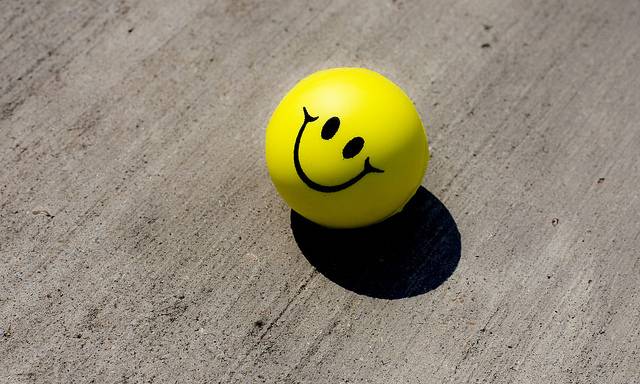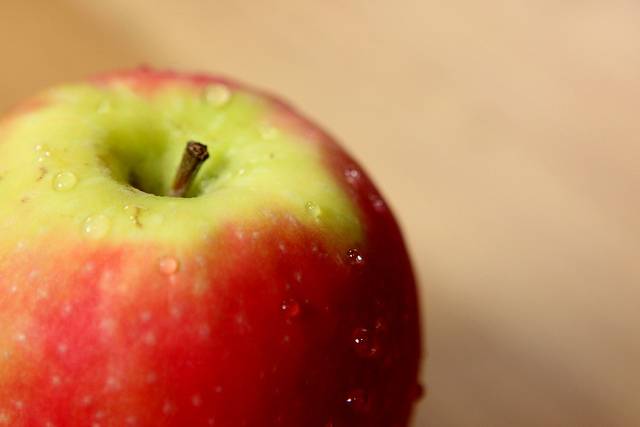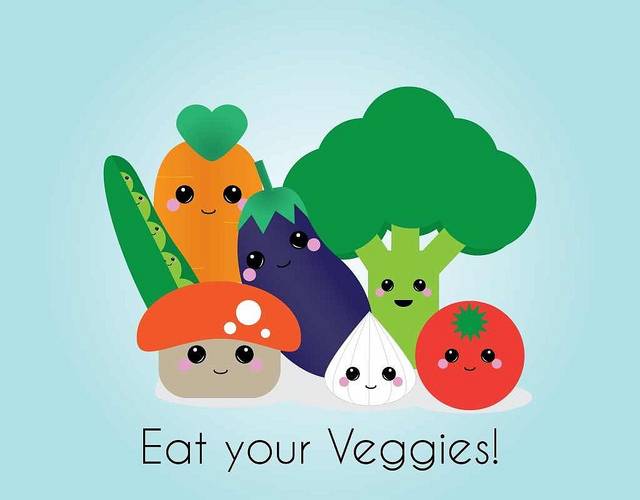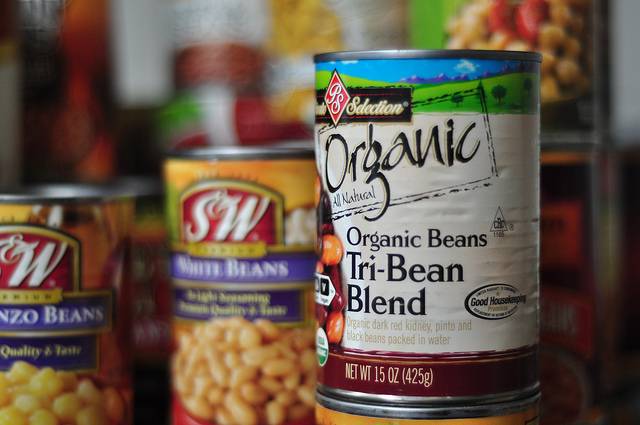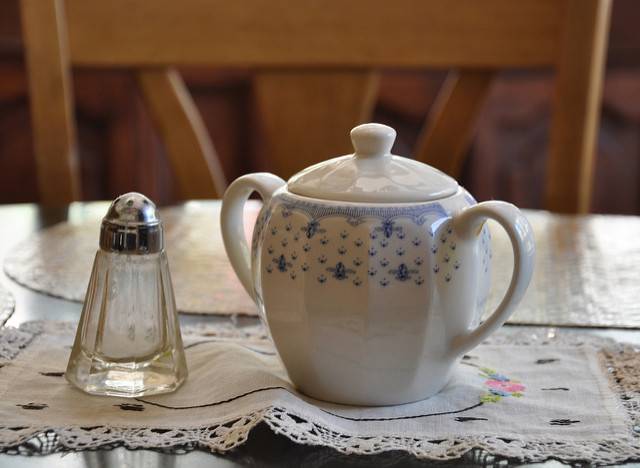Yesterday you learned how to eat more of the healthy foods like vegetables, fruits and whole wheat. Now we are going to focus on how important a food journal is to your lifestyle change. You’ll learn how to make it work for you and know the importance of why you should use one. It literally takes just a few minutes of your day!
Benefits of a food journal
When you journal your food there are several ways that you can do this. You can count calories and use it for food only or you can go deeper and figure out your stress triggers and what foods have the biggest impact on you. During this challenge you will be going deeper, so that you understand the “why” of your behavior towards food.
When journaling you’ll need to ask yourself the following questions:
1. How hungry am I?
Take a measurement of how hungry you are. Use a guideline to measure for example the numbers 1 to 10 (1 being the least hungry and 10 being starving). After scoring your hunger pains make a note of what is going on during that time – especially if your hunger pains are low.
Things to ask yourself –
Are you making some major decision in your life?
Fighting with your kids about something?
Stressed about a bill that needs to be paid?
Where are you when you are eating?
You might not realize that you eat chocolate cake every time you have a bad day at work. Making note of what is going on during the day will help reveal patterns. These types of habits become such a part of your daily life you don’t even realize this is what is happening and then you overeat or indulge in sweets when you don’t even want them.
By journaling you’ll discover if you are eating because you are hungry or if you are eating because of another reason. If so, you’ll be able to figure out other alternatives to eating the whole cake.

Photo: Leslie Richards on Flickr
2. Take note of who, what (occasion), and where (restaurant)
The food journal will also help you see who those guilty parties are that get you to eat or drink more – whether you mean to or not. Maybe it is just the situation, like Christmas, that has you eating more. It’s better to know so you have more control over the outcome.
To make this method effective all you have to do is make a note by the meal you record into your journal. Who did you eat with? Was it a special occasion? Your favorite food? Your favorite restaurant?
By recording information like this you might pick up any patterns you have. Maybe you eat three slices of pizza at your favorite pizza place when normally you only eat two. While that doesn’t sound like a lot – those extra slices can add up quickly. This would be a great way to make a healthier decision today than yesterday and you would never have known this if you didn’t write it down.
3. What is your energy level?
You’ve probably heard that food gives you energy. That’s true, so during this challenge you’ll need to record your energy levels after you’ve eaten.
Most people are aware that eating junk food isn’t good for you, but do it anyway. What if that is the very food that drags you down? Maybe it makes you feel bloated or sleepy after you’ve eaten it.
Recording your energy levels is like taking note of your hunger pains. Take numbers 1 to 10 (1 being the least energetic and 10 being the most) and then grade how you feel after you’ve eaten your food.
You’ll start to notice which foods give you energy and which ones make you crash and burn after you’ve eaten them. Having this information is invaluable!
4. What is your mood?
After you’ve recorded your energy level take note of your mood. Some foods will have a profound effect on you and you might not even realize it. You could have food intolerances.
You might not even realize that is what is happening to you. Maybe you feel off after you’ve eaten a specific food, but you’ve never associated the food with the feeling before. With a journal you’ll soon realize that if you drink too much coffee on an empty stomach you turn into Mrs. Hyde and people really do need to hide in order to be safe from your wrath.
Journals also help you eat your daily recommended amounts of fruits, vegetables, and whole grains – which would again fall into healthier habits. You’ll feel a sense of accomplishment every time you get to check off one of those boxes saying, “Yes” I did eat a serving a vegetables for snack and can work up to checking them all off. It doesn’t have to be all or nothing.
5. Being accountable To yourself
Documenting your food is shown to help you lose weight. This isn’t your main objective at this time, but could be a side effect of making healthier choices. Knowing you have to write that you ate a whole bag of chips could help you put the bag away after a serving. You’ll have the will power to control your portion sizes.
You are accountable – even if it is only to yourself. Seeing the truth of what you are eating helps you say no. It also shows you that small changes really do make a big impact.
Writing down calories of what food and drink you put into your body will make you realize that there is a difference between eating two slices of pizza and three. After a while those calories add up.
Why you should also use an exercise journal
Seeing an exercise journal on the corner of you kitchen counter helps motivate you to workout daily. A journal will track your progress. This will be especially helpful in the beginning days, weeks, and months.
You’ll see how working out for 5 minutes a day, 7 days a week is a total of 35 minutes a week. It will snow ball from there, but remember to take it as slowly as you need. Your goal isn’t a magical number of minutes to exercise, but establishing the habit instead.
Keeping track of your exercise will help you determine what you like and what works. Maybe you try a new exercise and really like it, plus it burns tons of calories. That would be handy to know and remember.
It also helps you know what you’ve done and helps prevent injury. This is essential if you start running regularly, lifting weights, or circuit training. By recording how you feel you won’t accidentally add more weight or a longer running time if your calf isn’t feeling right after a workout session.
You’ll be more consistent and accountable to yourself. As you see the progress you are making it will motivate you to do your exercise daily. Tracking your success makes you feel good about yourself. Confidence in your ability to change your lifestyle is essential.
What should I use to journal?
It doesn’t matter what method you use to journal. If you like the feeling of a pen and paper in your hand, buy a little notebook. They key there is to keep it out and in plain sight at all times. Physically seeing it will be a reminder to record your food and exercise.
If you’d prefer to keep it on a device, use a “Notes” app on your phone and one of the many others available for free or at a low cost. Choices like MyFitnessPal will not only allow you to track your food and exercise, but will also calculate calories eaten or burned, and help you set goals!




